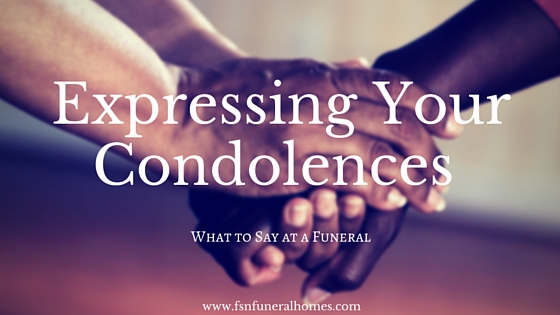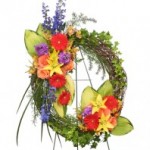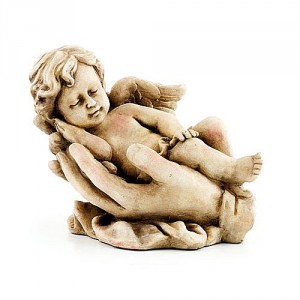When someone passes there is more left behind than just their physical property. The importance of social media profiles have given many individuals a strong online presence which remains after death. For those trying to settle the estate of a lost loved one, you should be aware of the power of social media and the options available for managing these accounts. FSN Funeral Homes would like to share some of these options and the proper etiquette of using social media in the event that someone you love passes.
Deactivating the Deceased’s Social Media Accounts
Facebook
With Facebook, you have two options: permanently delete the profile or memorialize the profile. For more details, check out this FSN Funeral Homes post.
Google Accounts

There are Many Ways to Settle the Deceased’s Online Affairs
To gain access to a Google account, whether to delete it or perform upkeep, you need to submit the proper forms (this includes the death certificate, a copy of your driver’s license, a copy of an email from the Gmail account you wish to access.) This applies to Gmail, Google+, YouTube and other Google applications. For more information on how to deactivate the deceased’s Google account, read here.
Twitter
Twitter accounts of the deceased may be deactivated by an authorized family member. Twitter requires a death certificate, your driver’s license, an obituary, and a notarized statement of intent. Visit the Twitter support page for more information.
Flickr
If a Flickr account becomes inactive, only the last 200 photos will be visible to the public. Flickr does reserve the right to remove these inactive accounts, but typically don’t. If you wish to deactivate a deceased relative’s account, contact the Yahoo! Legal Compliance team at (408)349-3687 for instructions and options. A death certificate will be required.
LinkedIn
To notify LinkedIn of a deceased contact profile, you must submit a Read Instructions and Access the Verification of Death Form which will then be processed by the site.
Proper Etiquette for Memorializing with Social Media
Be Informative
If you choose to memorialize or maintain your deceased loved one’s profile, make sure you remain informative. Too many status updates or posts will fill friends’ pages with reminders of their lost loved one. Though some may appreciate this, others may find the constant reminder painful. Use the profile to inform the deceased’s friends about funeral arrangements and allow them to leave encouraging posts and stories.
Report Inappropriate Content
The greatest risk which comes from leaving a profile open to the public is the posting of inappropriate statements. The deceased should be honored through these sites, not criticized or disrespected. If you see any inappropriate, rude, or offensive post on a profile, immediately report it to the social media site. They should be more than willing to handle the issue.
In the case that a video is posted on YouTube of your deceased loved one while in critical condition or after death, fill out an online form to remove it.
Be Clear
When a profile is not properly memorialized, some people may not be aware that the individual has passed. Make sure all who visit the page are informed that the profile is in memorial. If you do not, some may unknowingly send messages or post on their page expecting a response. This can be embarrassing and painful for all parties involved.
Pre – Planning and Social Media
Today, there are several social media pre-planning options which allow individuals to ensure their online presence is properly handled after death. These services provide everything from allowing access to online banking or email to a specified individual, deleting or memorializing accounts, and sending tweets upon death. The United States’ government advises that every individual create a social media will in its USA.gov blog.
Though handling your deceased loved one’s online affairs may seem difficult, please do not underestimate the importance of settling these online accounts. Social media serves to connect people and can be a valuable resource for informing the public of an individual’s passing. These online friends will appreciate that you took the time to inform them and you will have the opportunity to connect with other individuals who care for your lost loved one.




 Sending Flowers
Sending Flowers Candlelight Vigil
Candlelight Vigil


